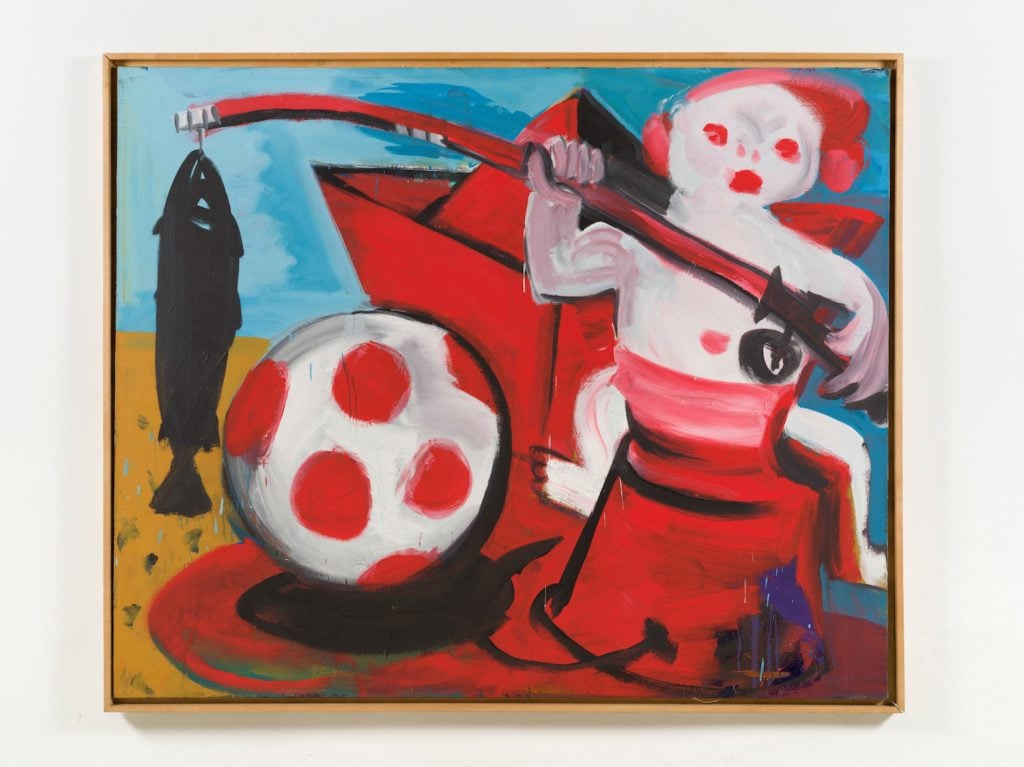People
Karl Horst Hödicke, Daring Painter in Germany’s ‘Junge Wilde’ Movement, Dies at 85
The prolific artist drew accolades for his fierce individuality.

Karl Horst Hödicke, the German artist known for his Neo-Expressionist paintings, has died at the age of 85. He was a key figure in the so-called “New Savages” or “Junge Wilde” movement that rose to prominence in the late 1970s in Germany in opposition to minimal and conceptual art.
“We are deeply saddened to learn of the passing of our dear friend, Karl Horst Hödicke,” Berlin’s König Galerie, which has worked with the artist since 2013, said in a statement. The storied Berlin dealer René Block exhibited Hödicke in his early years.
Hödicke created his own exhibition space to present his work in West Berlin in 1964. Despite being internationally recognized for his singular, Expressionist style in the 1980s, there remained “an intimate, unpretentious quality to his art that many who knew him and his way of working,” the gallery said.

Karl Horst Hödicke, STRANDLEBEN (1987) Image courtesy of König Galerie.
The artist was prolific, creating thousands of paintings over the course of seven decades, as well as works on paper, sculptures, and videos.
In addition to dozens of solo shows at museums and galleries in Germany, he was featured in numerous international group shows, such as “Master Prints from the Collection” at the Museum of Modern Art in 1996, and “Art in Berlin 1815–1989,” at the High Museum of Art in Atlanta in 1989.
Hödicke had a major solo show at the Hall Art Foundation in Derneburg, Germany, in 2020. The previous year, he had a retrospective at the Staatliche Graphische Sammlung in Munich, Germany, that traveled to the Palais Populaire in Berlin in 2020.
Hödicke’s studio was situated on the same street as one of the former exhibition spaces that dealer Johann König occupied.
“We feel eternally grateful to Karl Horst and his family for the unique opportunity we all cherished to work closely with one of the great monuments of postwar German art,” the König gallery said in a statement. “You will forever be missed.”





